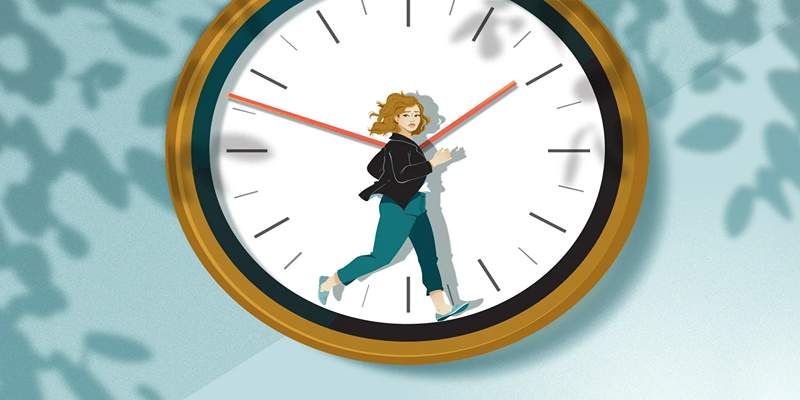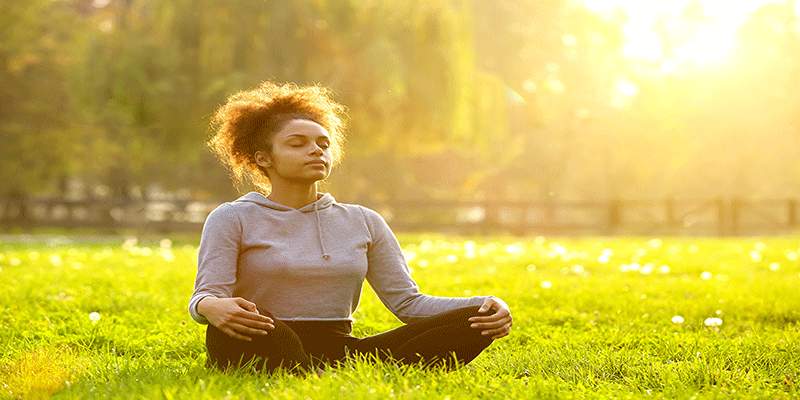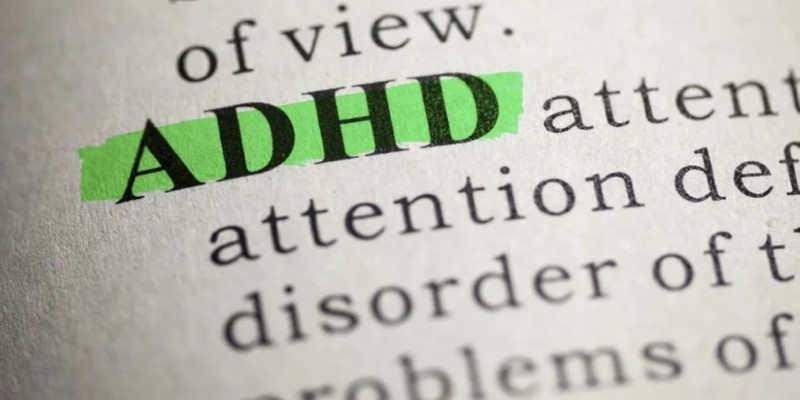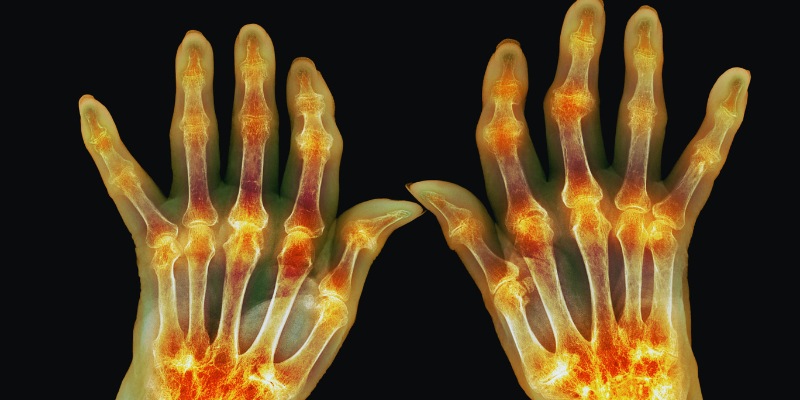Slow Down and Thrive: How to Find Inner Peace in a Fast-Paced Life
It's easy to get caught up in the daily grind of work, relationships, and personal duties, leaving little time for rest or self-reflection. Stress, worry, and mental burnout are often caused by how fast we live.
But taking things more slowly, focusing on your breathing, and making time for mindfulness can help you feel more at peace with yourself, get more done, and be healthier overall. This blog will talk about useful ways to find long inner peace that will help you do well even if your life is busy.
Why Slowing Down is Essential?
With our fast-paced, goal-oriented society, the idea of slowing down might seem like it would be bad at first. Take time to stop and think, though, because it has huge benefits. It gives your mind a break and helps you stay focused, make better decisions, and stay productive for longer.
It's not about being less productive or avoiding your duties when you slow down. Instead, it's about taking conscious breaks that help you connect with yourself and get back in balance. These quiet times give you a chance to gain awareness, clarity, and a better understanding, which are all very important for real personal growth and happiness.
Breathing: Your Gateway to Inner Peace
Breathing exercises are among the simplest and most effective tools for finding inner peace. Conscious breathing helps activate the parasympathetic nervous system, reducing stress hormones, calming your mind, and fostering emotional stability. Techniques such as diaphragmatic breathing, box breathing, or the 4-7-8 method offer quick and easy pathways to relaxation and mental clarity.
Incorporating mindful breathing into your daily routine—whether upon waking, during stressful moments, or before bedtime—can significantly improve your emotional health and resilience. Consistent practice transforms breathing from an unconscious necessity into a powerful instrument for managing stress and fostering tranquility.
Mindfulness: Living in the Present
Mindfulness involves maintaining a moment-by-moment awareness of your thoughts, feelings, bodily sensations, and surroundings without judgment. Practicing mindfulness helps anchor you in the present, preventing the mind from dwelling excessively on past regrets or future anxieties. This practice enhances emotional resilience, reduces stress, and promotes greater self-awareness and acceptance.
Simple mindfulness activities, such as mindful eating, meditation, or paying careful attention to daily tasks, can easily integrate into your routine. As mindfulness becomes a habit, you cultivate a calmer and more balanced mindset, enabling you to handle life's complexities with greater ease and perspective.
Practical Strategies for Slowing Down and Thriving

Integrating mindful practices into your daily routine can profoundly impact your ability to thrive amidst a hectic lifestyle. Here are several practical strategies to help you embrace a slower, calmer pace:
1. Prioritize Self-Care
Self-care is crucial for maintaining emotional and physical well-being. It involves deliberate activities that nourish your mind, body, and spirit. Make self-care a non-negotiable part of your routine—whether it's taking regular breaks, practicing yoga, enjoying hobbies, or simply spending time in nature. Prioritizing self-care helps replenish your energy, allowing you to approach life's demands more effectively and calmly.
2. Set Realistic Boundaries
Establishing clear boundaries helps protect your time, energy, and emotional health. Be mindful about commitments, learning when and how to say no without guilt. Communicating your boundaries effectively prevents burnout, maintains your mental health, and enables you to focus on your core priorities with greater peace of mind.
3. Limit Digital Distractions
Constant connectivity often intensifies stress levels, contributing significantly to anxiety and reduced productivity. Setting clear limits on digital device usage, particularly before bedtime or during focused tasks, helps maintain mental clarity and reduces stress. Consider digital detox periods regularly, allowing yourself to disconnect, recharge, and recenter.
4. Cultivate Gratitude
Practicing gratitude profoundly impacts emotional well-being. Regularly acknowledging what you're thankful for helps shift your perspective from stress and scarcity to appreciation and abundance. Start a daily gratitude journal or simply pause each day to reflect briefly on positive aspects of your life. This practice fosters positivity, resilience, and lasting inner peace.
5. Practice Meditation Regularly
Meditation is a cornerstone practice for developing inner peace. Regular meditation sessions—even as brief as 5–10 minutes daily—can reduce stress, enhance focus, and strengthen emotional resilience. Experiment with various meditation forms like guided visualization, mindfulness meditation, or loving-kindness meditation to find what best suits your needs.
Overcoming Common Obstacles to Slowing Down
Despite recognizing the importance of slowing down, several barriers can make it challenging:
- Cultural Pressures: Societal expectations often glorify busyness, equating it with success. Overcoming this requires conscious effort to prioritize inner peace over external validation.
- Fear of Missing Out (FOMO): Anxiety over missing opportunities or experiences can make slowing down difficult. Recognize that intentional choices often yield greater long-term fulfillment than constant busyness.
- Guilt About Rest: Many people feel guilty when resting, believing they should always be productive. Understand that rest and relaxation significantly enhance productivity and emotional resilience.
Acknowledging these challenges allows you to actively confront and overcome them, fostering a healthier, more balanced lifestyle.
Long-Term Benefits of Slowing Down and Practicing Mindfulness

The benefits of regularly practicing mindfulness, breathing exercises, and intentional slowing down extend far beyond immediate stress relief:
- Enhanced Productivity: Slowing down helps maintain mental clarity, improving decision-making and productivity in professional and personal tasks.
- Improved Emotional Stability: Mindfulness and breathing practices significantly enhance emotional resilience, allowing you to manage stress and anxiety effectively.
- Better Relationships: Being mindful and present fosters deeper connections, improves communication, and enhances empathy in relationships.
- Greater Personal Fulfillment: Regularly practicing mindfulness contributes to overall life satisfaction, deeper self-awareness, and genuine happiness.
Integrating Mindful Habits into a Busy Life
Integrating mindfulness into daily life need not involve drastic changes. Simple adjustments can make a significant impact:
- Start Small: Begin with brief, consistent practices rather than large-scale changes. Short mindfulness sessions or breathing exercises make integration easier.
- Be Consistent: Consistency is key. Regular practice, even briefly, has a profound cumulative effect on emotional well-being.
- Create Reminders: Place visual reminders in your environment—such as notes or alarms—to prompt mindfulness throughout the day.
Conclusion
In a world that constantly demands more of our time, attention, and energy, intentionally slowing down and practicing mindfulness becomes essential for personal growth and lasting well-being. Achieving inner peace through breathing, meditation, mindfulness, and setting healthy boundaries enables you to live a more balanced, fulfilling, and productive life.
Embracing these mindful practices empowers you to not only cope better with life's inevitable stresses but also thrive, transforming your relationship with yourself and those around you. Commit to slowing down, breathing intentionally, and cultivating mindfulness daily—it's the key to unlocking true inner peace and sustainable success.












